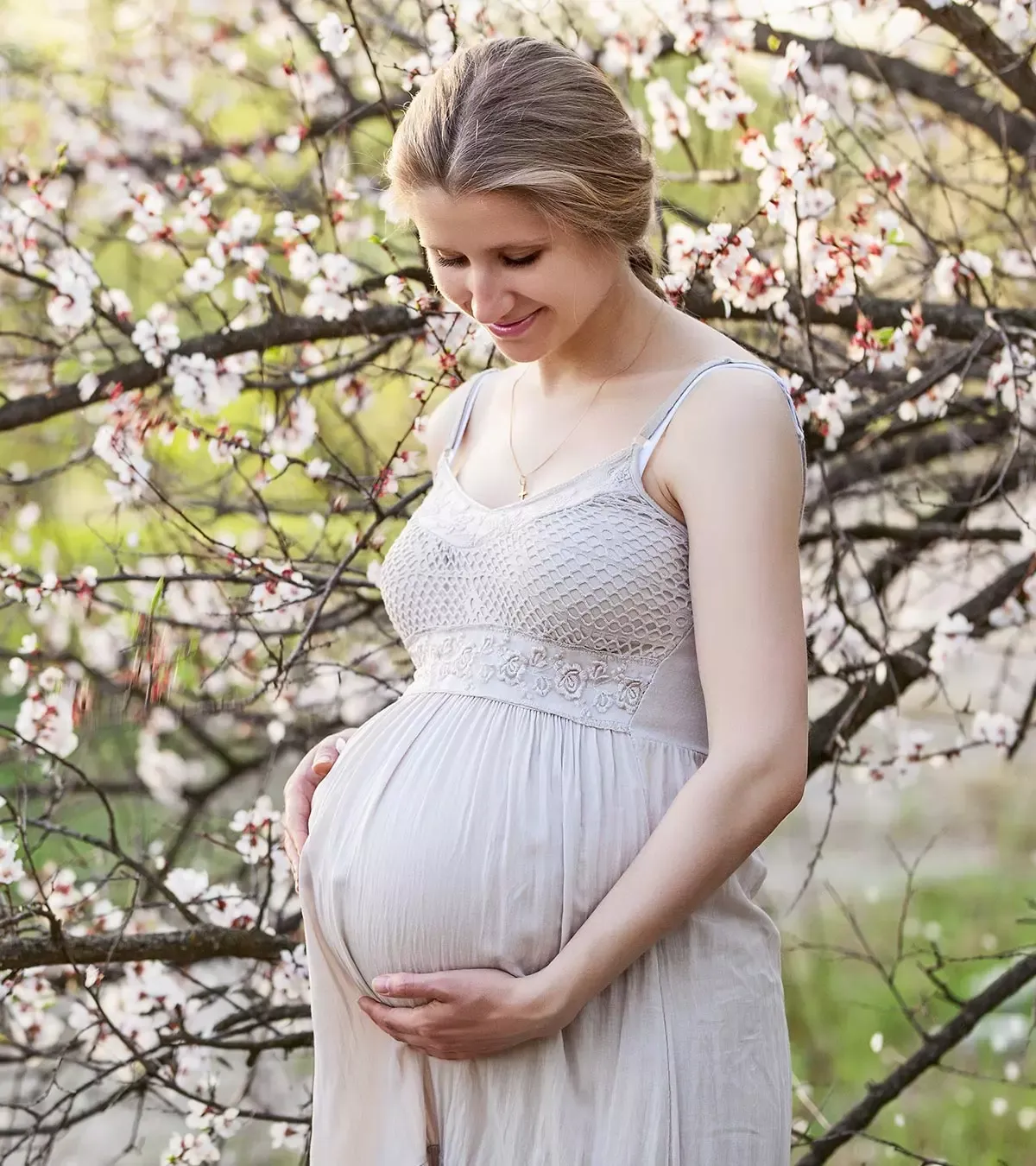Emerging research suggests that a vegan lifestyle may positively influence fertility for some individuals. A plant-based diet is rich in essential nutrients, antioxidants, and healthy fats, which can contribute to overall reproductive health. Foods such as leafy greens, nuts, seeds, and whole grains are particularly beneficial, as they provide vital vitamins and minerals that support hormonal balance and improve egg and sperm quality.
Moreover, vegan diets are often lower in saturated fats and cholesterol, which can help maintain a healthy weight—an important factor for fertility. Studies indicate that obesity and excessive weight can disrupt hormonal function and ovulation, making it more challenging to conceive. By focusing on whole, nutrient-dense foods, those who follow a vegan diet may find it easier to manage their weight and enhance their fertility potential.
For those considering this dietary shift, it’s crucial to ensure that all nutritional needs are met. Consulting with a healthcare professional or a nutritionist can help individuals create a balanced vegan meal plan. Supplementation may also be necessary for nutrients commonly found in animal products, such as vitamin B12, omega-3 fatty acids, and iron.
In addition to diet, lifestyle factors such as stress management, regular exercise, and avoiding harmful substances play significant roles in fertility. A holistic approach that combines a nutritious diet with a healthy lifestyle can optimize reproductive health.
For further insights on diversity in family planning, check out one of our other blog posts here. Additionally, for those looking to enhance their fertility journey, Make a Mom offers excellent fertility tools to aid conception. If you’re seeking guidance on pregnancy and home insemination, the March of Dimes provides valuable resources.
In summary, while a vegan diet may offer numerous benefits for fertility, it’s essential to approach it with careful consideration of nutritional balance and lifestyle choices.
